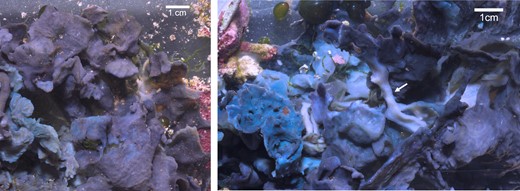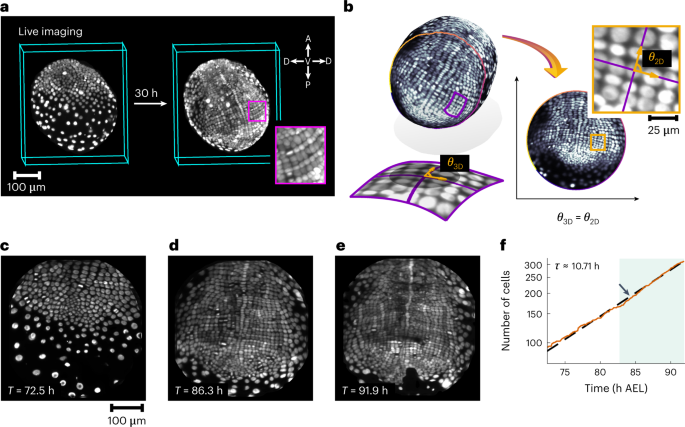2023-06-27 リンショーピング大学
◆COVID-19後の状態では、呼吸パターンの乱れや心拍数の増加などが見られます。これらの問題は、自律神経系の調節の乱れや遺伝子の制御の変化に関連している可能性があります。しかし、まだ症状の根本的な治療法は見つかっていません。研究者はさらなる研究が必要であり、患者の理解とサポートが重要であると述べています。
<関連情報>
- https://liu.se/en/news-item/vi-borjar-forsta-postcovid-battre-nu
- https://onlinelibrary.wiley.com/doi/10.1111/joim.13652
COVID-19後の状態における心肺自律神経失調症: 症状、機序、管理 Cardiorespiratory dysautonomia in post-COVID-19 condition: Manifestations, mechanisms and management
Artur Fedorowski, Monika Fagevik Olsén, Frida Nikesjö, Christer Janson, Judith Bruchfeld, Maria Lerm, Kristofer Hedman
Journal of Internal Medicine Published: 14 May 2023
DOI:https://doi.org/10.1111/joim.13652

Abstract
A significant proportion of COVID-19 patients experience debilitating symptoms for months after the acute infection. According to recent estimates, approximately 1 out of 10 COVID-19 convalescents reports persistent health issues more than 3 months after initial recovery. This ‘post-COVID-19 condition’ may include a large variety of symptoms from almost all domains and organs, and for some patients it may mean prolonged sick-leave, homestay and strongly limited activities of daily life. In this narrative review, we focus on the symptoms and signs of post-COVID-19 condition in adults – particularly those associated with cardiovascular and respiratory systems, such as postural orthostatic tachycardia syndrome or airway disorders – and explore the evidence for chronic autonomic dysfunction as a potential underlying mechanism. The most plausible hypotheses regarding cellular and molecular mechanisms behind the wide spectrum of observed symptoms – such as lingering viruses, persistent inflammation, impairment in oxygen sensing systems and circulating antibodies directed to blood pressure regulatory components – are discussed. In addition, an overview of currently available pharmacological and non-pharmacological treatment options is presented.


